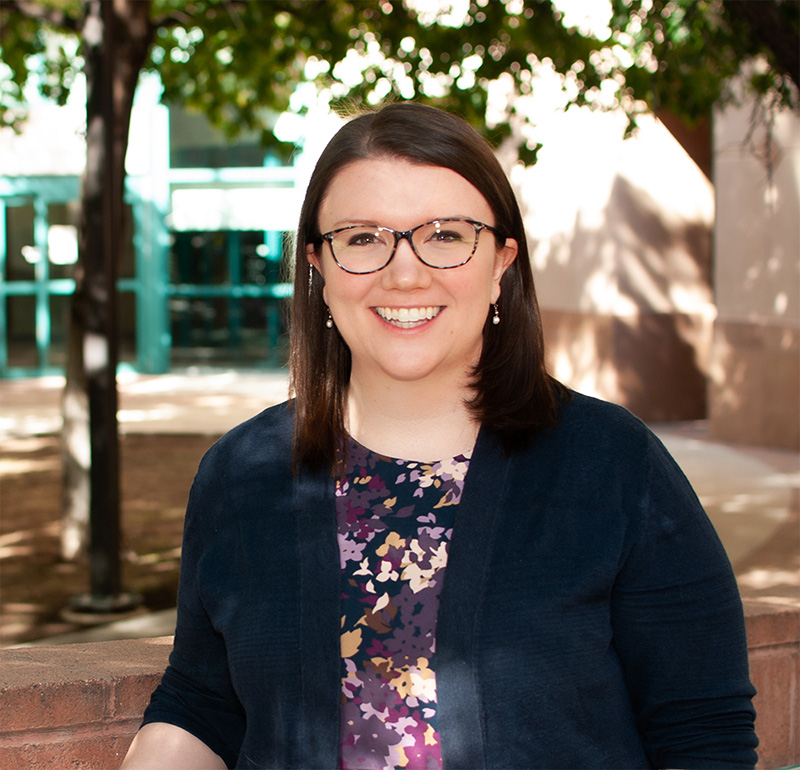Researcher Awarded NIH Grant to Study the Association Between Endometriosis and Cardiovascular Disease

Dr. Leslie Farland from the UArizona’s Zuckerman College of Public Health is one of the principal investigators on a grant from the National Heart, Lung, and Blood Institute to conduct research that aims to reduce cardiovascular disease risk for women with endometriosis.

Dr. Leslie Farland, MSc, ScD
Leslie Farland, ScD, MSc, associate professor in the Mel and Enid Zuckerman College of Public Health, received a $3 million, five-year award from the National Heart, Lung, and Blood Institute, a division of the National Institutes of Health (NIH), to study potential links between endometriosis and cardiovascular disease (CVD) in women. Dr. Farland will serve as principal investigator on the study in collaboration with Karen Schliep, PhD, MSPH, at the University of Utah. The study aims to better understand and ultimately reduce the risk of heart disease for women with endometriosis.
“We often think of endometriosis as a disease that only burdens women of reproductive age, but there’s so much we don’t know about the long-term health consequences of endometriosis,” says Dr. Farland, “Evidence suggests that women with endometriosis may be at greater risk of cardiovascular disease later in life. This grant is the first step towards better understanding that risk and whether there are future targets for intervention.”
Endometriosis, an often-painful gynecological disorder, affects approximately 11% of people with a uterus and may lead to an increased risk of heart disease, possibly due to higher levels of inflammation and increased risk of hypertension. Since heart disease is the leading cause of death for women in the United States, there is a critical need to study the life course impact of endometriosis on CVD.
The project, now known as ARCHES (Association between Reproductive Conditions and Heart and Endometriosis Studies) and guided by Dr. Farland in collaboration with Dr. Schliep at University of Utah, will re-contact Utah-based participants of the NICHD Endometriosis: Natural History, Diagnosis, and Outcomes (ENDO) Study which began in 2007 and will also utilize data from the Utah Population Database. The researchers will additionally collaborate with co-investigators Anna Pollack, PhD, MPH, and Jenna Krall, PhD, at George Mason University and researchers at Harvard Medical School. The study outlines four key aims:
Aim 1: Determine whether women with a history of endometriosis have an increased risk of CVD and CVD risk factors compared to women without endometriosis.
Aim 2: Examine whether the risk of CVD varies by endometriosis subtype, including deep infiltrating, endometriomas, and superficial.
Aim 3: Investigate if endometriosis increases the risk of subclinical CVD, as measured by CVD risk scores, cardiac CT scans, and brain MRIs.
Aim 4: Determine if endometriosis mediates the relationship between a young adult's atherogenic profile and mid-life CVD.
The study’s findings could have profound implications for women’s health guidelines, leading to improved prevention, screening, early detection, and treatment of CVD risk factors among people with endometriosis.

